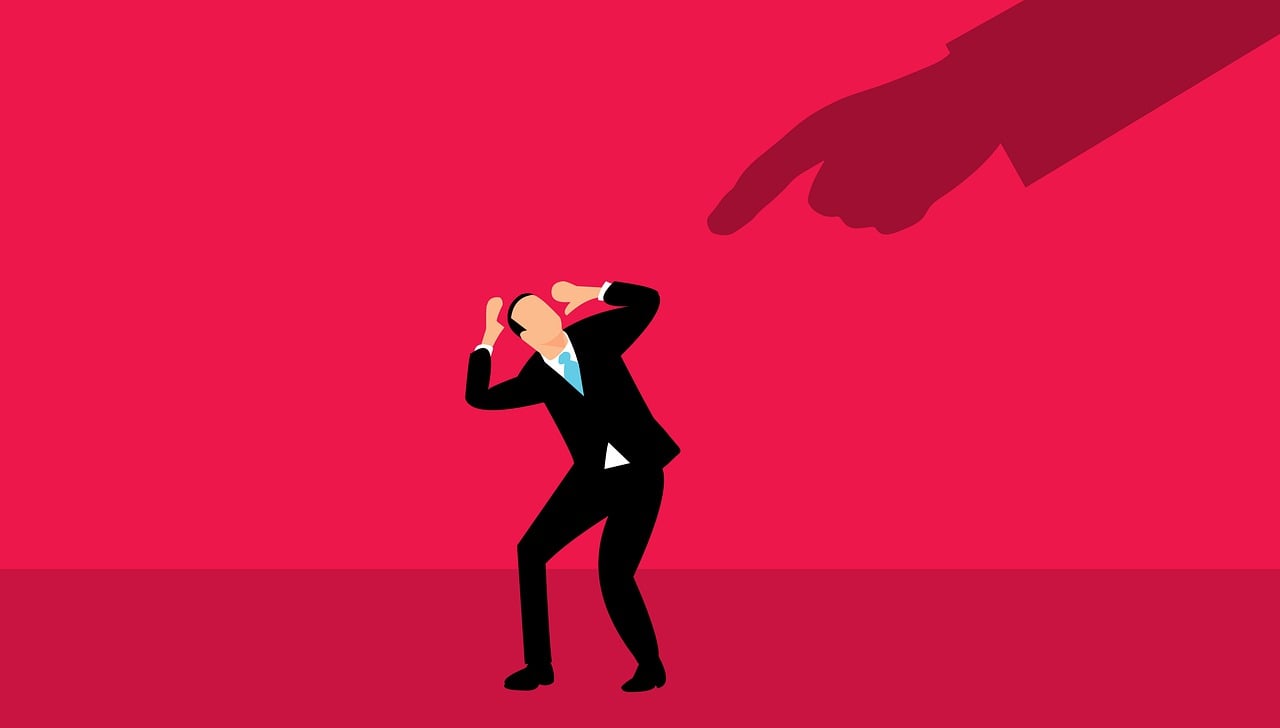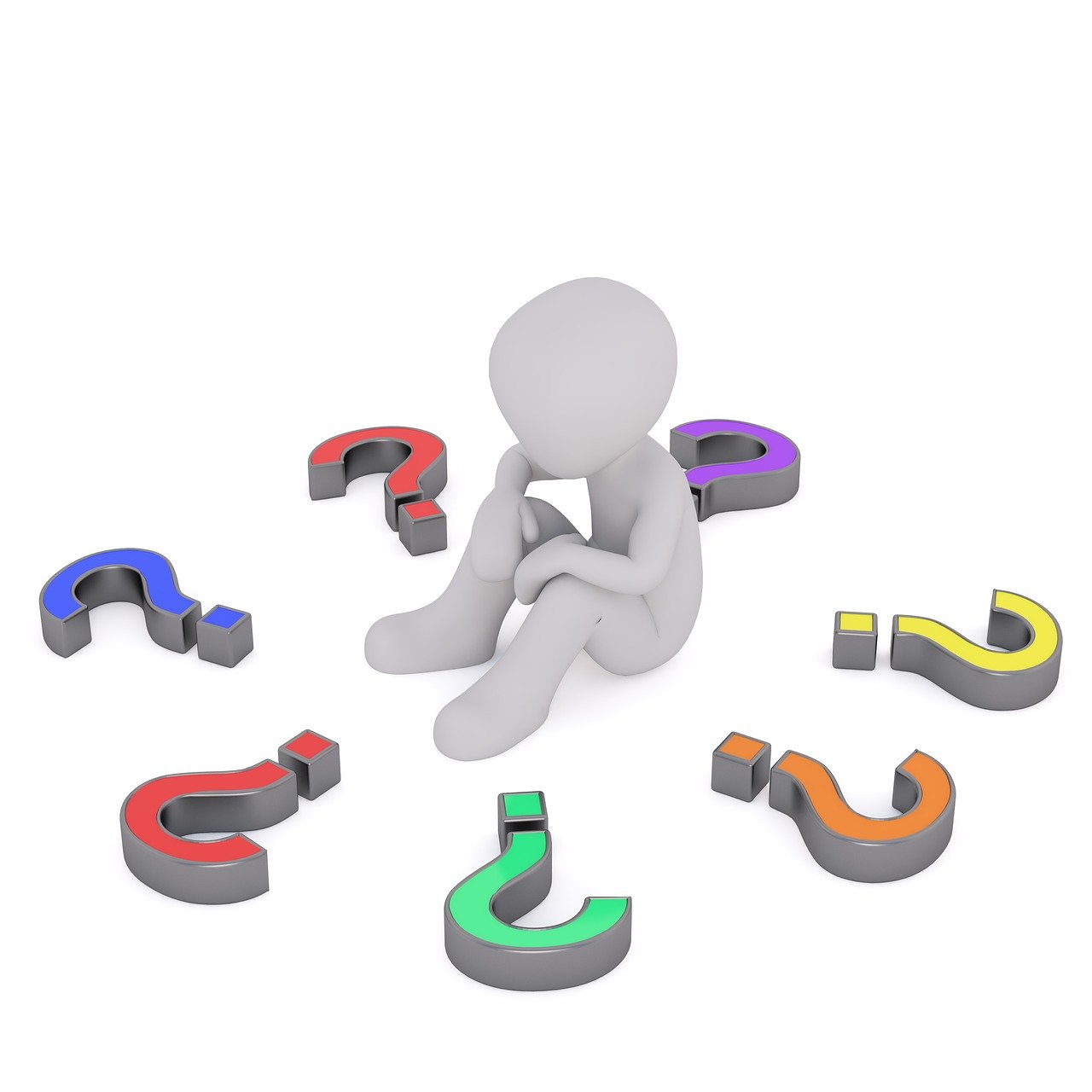Being blamed repeatedly, whether at work, in relationships, or even in family dynamics, can be exhausting and damaging. When someone constantly points the finger at you, it can feel unfair, overwhelming, and emotionally draining. If you’re caught in a situation where someone keeps blaming you, it’s important to recognize the dynamic and learn how to respond constructively.
Why Do People Keep Blaming You?
People who habitually blame others often do so for several reasons, including avoiding responsibility, dealing with their own insecurities, or deflecting attention away from their own mistakes. This behaviour can stem from their own emotional struggles, making it easier for them to criticize others than to look inward. However, just because someone else is struggling doesn’t mean you have to absorb the blame or allow it to damage your self-worth.
How to Respond When You’re Blamed
When faced with constant blame, it’s essential to stay calm and grounded. Here are some steps you can take to address the situation, along with examples of what you can say.
1. Stay Calm and Don’t React Defensively
When someone blames you, the natural reaction might be to defend yourself or argue back. However, this often escalates the situation. Instead, take a breath, stay calm, and resist the urge to retaliate.
Example:
Blamer: “This is all your fault. If you had just done things right, we wouldn’t be in this mess.”
Response: “I understand you’re upset. Let’s focus on how we can fix this together.”
By remaining composed and not matching their emotional intensity, you prevent the blame from escalating into a full-blown conflict.
2. Acknowledge Their Feelings Without Accepting the Blame
You can acknowledge the other person’s emotions without taking responsibility for something that isn’t your fault. This helps to validate their feelings while still standing your ground.
Example:
Blamer: “You’re the reason this project is falling apart.”
Response: “I can see you’re frustrated with how things are going, and I’m open to discussing how we can improve the situation.”
This approach shows empathy but doesn’t concede that you’re at fault, keeping the conversation solution-focused rather than stuck on assigning blame.
3. Ask for Specifics
If someone is continually blaming you, ask them to clarify exactly what they think you’ve done wrong. Often, blame is vague and broad, making it difficult to address. By asking for specifics, you encourage a more constructive conversation.
Example:
Blamer: “You always mess things up.”
Response: “Can you help me understand what specific actions I took that you’re upset about?”
This forces the other person to think more critically about their blame and can help you both find a more rational path forward.
4. Set Boundaries
If the blame becomes persistent and emotionally abusive, it’s important to set firm boundaries. You don’t have to tolerate being the scapegoat for someone else’s problems.
Example:
Blamer: “You’re the reason everything in my life is going wrong.”
Response: “I understand that you’re upset, but it’s not fair to blame me for everything. I’m willing to talk about specific issues, but I won’t accept being blamed for things outside my control.”
Setting a boundary communicates that you value your emotional well-being and won’t allow yourself to be unfairly targeted.
5. Redirect the Conversation to Solutions
Blame often focuses on the past, while solutions focus on the future. Redirecting the conversation toward problem-solving helps both parties move forward instead of getting stuck in blame.
Example:
Blamer: “This wouldn’t have happened if you hadn’t made that mistake.”
Response: “I hear that you’re upset about how it went. Let’s talk about how we can avoid this issue in the future.”
This shifts the conversation away from blame and toward finding solutions, which can reduce tension and help resolve the situation.
Recognizing When It’s Time to Step Back
Sometimes, no matter how you respond, the blame may continue. If the person you’re dealing with refuses to stop blaming you or becomes verbally abusive, it might be necessary to take a step back. Consider whether this relationship is healthy for you, and don’t hesitate to seek support from friends, family, or a therapist to help you navigate these difficult interactions.
How Growth Healing Therapy Can Help
If you’re regularly on the receiving end of blame, Growth Healing Therapy can help you build resilience, set healthy boundaries, and understand your own emotional triggers. This therapy approach focuses on helping you gain self-awareness and break free from toxic patterns in relationships. By working with me, you can explore how to respond effectively to blame while protecting your own mental and emotional well-being. Ultimately, it’s about finding peace within yourself, even when others try to pull you into their storm.




Leave a Reply